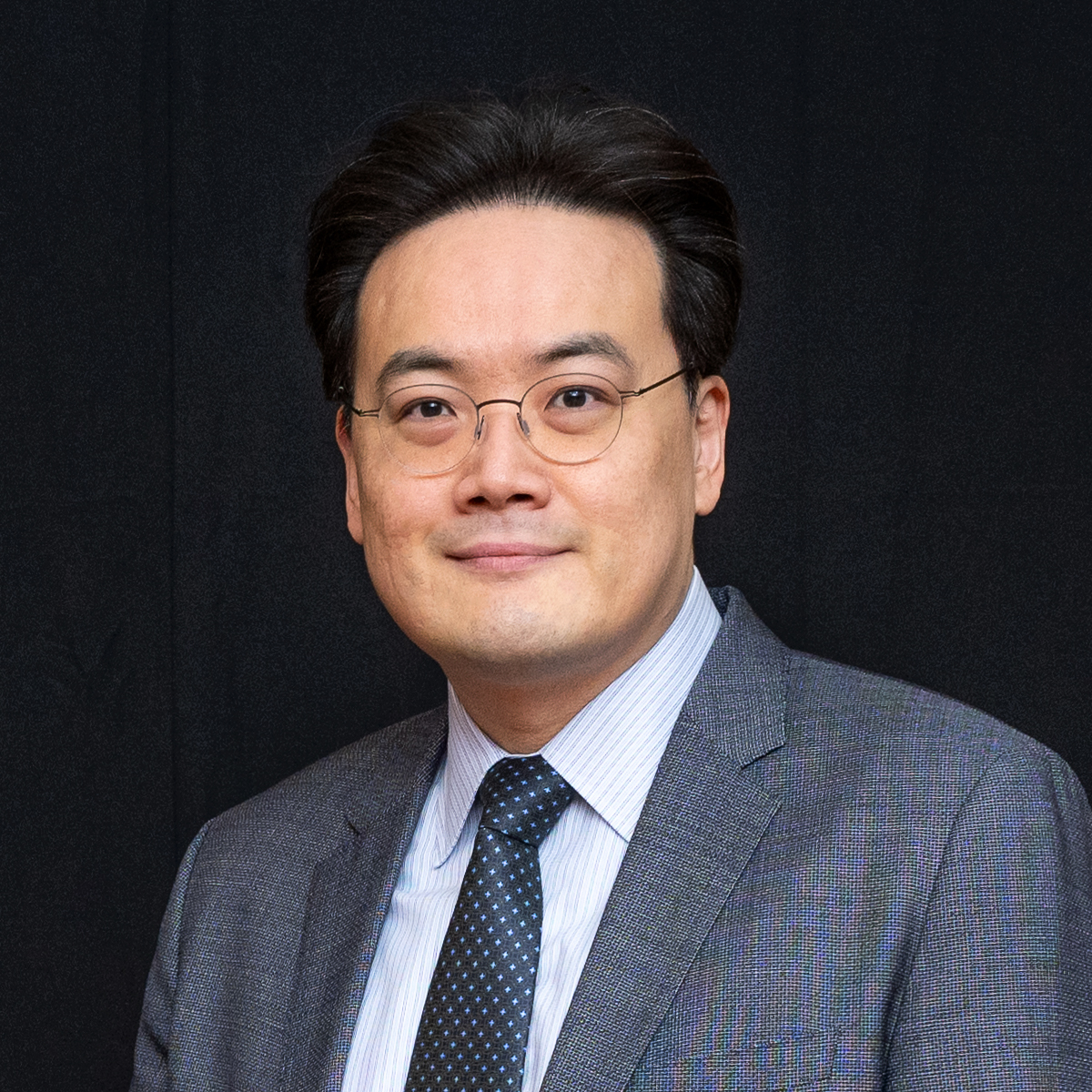About Us
The School of Planning, Design and Construction (SPDC) is administered by the College of Agriculture and Natural Resources at Michigan State University. It consists of four separately accredited programs: Construction Management, Interior Design, Landscape Architecture and Urban & Regional Planning, as well as the National Charrette Institute, a training, outreach and research unit. Under the leadership of school director Dr. Jun-Hyun Kim, faculty and staff strive for providing a quality educational experience for students in these fields related to the built environment, and encouraging the creativity and innovation that drive these industries.
Read our 2024-25 Impact Book to learn about SPDC's community engagement efforts through outreach and research as well as student success stories. SPDC prides itself on graduating industry-ready professionals by connecting students and communities via experiential learning opportunities. SPDC students make a real-world impact as they learn and produce award winning projects.
Message from the Director

Welcome to the School of Planning, Design, and Construction (SPDC) at Michigan State University. Our school is committed to creating sustainable, healthy, and innovative solutions for built, natural, and virtual environments.
SPDC offers nine degree pathways from Bachelor's to Ph.D., including five professionally accredited programs, with over 550 undergraduate and 75 graduate students. Our interdisciplinary educational approach prepares students to tackle real-world challenges with innovative, sustainable, and inclusive solutions.
Interdisciplinary scholarly activities are at the core of our academic endeavors, fostering a community engaged in cutting-edge research and application. Our 45 world-class faculty members are dedicated to guiding students through rigorous academic programs that not only boast impressive job placement rates but also empower graduates to make significant contributions to their communities and the wider world. This effort is bolstered by our partnership with the National Charrette Institute, enhancing our commitment to community engagement.
Join us on this transformative educational journey, where you will push the boundaries of traditional education and emerge as a leader ready to innovate and impact the planning, design, and construction of future sustainable environments. For more detailed information about our school's mission, vision, and programs, please contact us at spdc@msu.edu or visit us to explore your educational and research opportunities.
School Vision
We collaborate to create sustainable and healthy built, natural, and virtual environments.
School Mission
We advance the knowledge, prepare innovative leaders, and support the practice of planning, design, and construction.
Core Values
- We pursue academic excellence.
- We nurture a culture of respect, trust, support, and empowerment.
- We value interdisciplinary collaboration.
Core Scholarly Areas of SPDC Research & Innovation
The School of Planning, Design, and Construction (SPDC) at Michigan State University is an
interdisciplinary hub addressing challenges from the local to the global scale. We create sustainable and
healthy environments across built, natural, and virtual spaces. As a leader in promoting innovative,
inclusive, and resilient solutions through a focus on community engagement and advanced intelligent
technology, SPDC's faculty expertise aligns with four core research areas, each contributing to
transformative impacts in academia, industry, and society.
- CLIMATE-RESILIENT COMMUNITIES & ADAPTATION
- HOUSING INNOVATION & COMMUNITY DEVELOPMENT
- HEALTHY ENVIRONMENTS FOR HUMAN WELL-BEING
- ENVIRONMENTAL & SOCIAL IMPACT
Programs
- Construction Management Program (BS, MS and PhD)
- Interior Design Program (BA, MED and PhD)
- Landscape Architecture Program (BLA, MED, Dual BLA/MED and PhD)
- Urban & Regional Planning Program (BSURP, MURP, MIPS and PhD)
- Planning, Design and Construction Doctorate Program
- National Charrette Institute at MSU



 Print
Print Email
Email